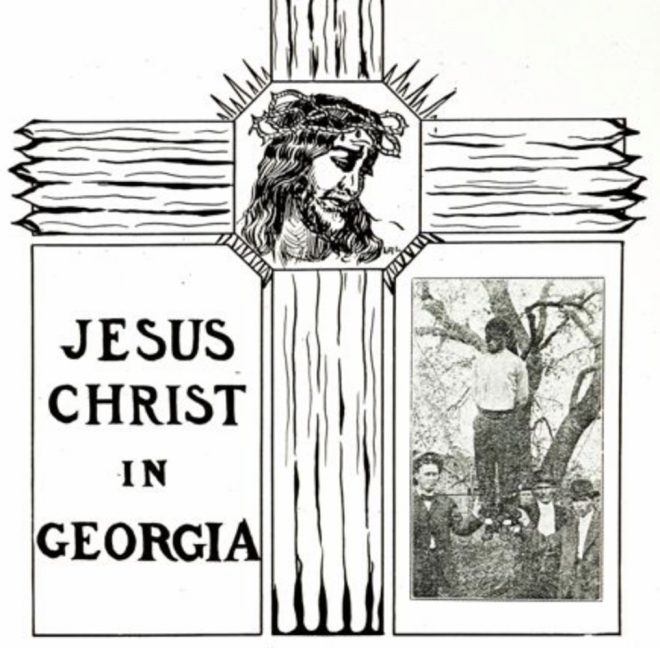Sara Larner

Sara Larner lives in New York City where she writes, paints, and attends Barnard College of Columbia University, earning a Bachelors in English with a Double Concentration in Creative Writing and Film and a Minor in Classical Studies—which after repeating several hundred times she has decided is, in fact, a mouthful. She recently finished her fourth novel (the first for which she’s seeking publication) and her second feature length screenplay, and is hard at work on a second original tv pilot while negotiating the option contract for the pilot and show bible she wrote over the summer. She spends her free time filling painting commissions, dancing, and—whenever there is a breath of time—reading. (Okay, often reading when there is no time and she should really be doing Actual Work.)
Become a Patreon supporter to see her patron-only feed of studio photos, painting videos, and to potentially win one of her monthly patreon paintings. And don’t forget to find her on twitter, instagram, and facebook, and go to her tumblr to see all the rest of her paintings!








